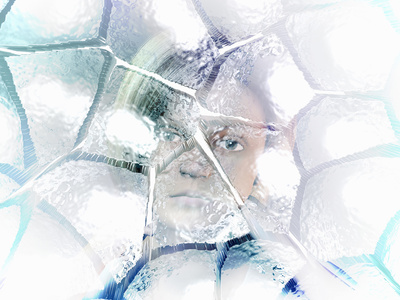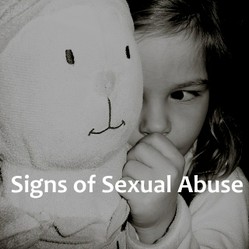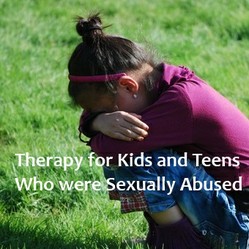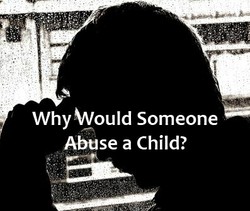If you are reading here because you are afraid that a child you know is being or has been sexually abused, they you likely want something that will give you certain and clear guidelines. You would probably like me to say: if you ticked off so many from group one, so many from group two and so many from group three, then you can be sure this child was sexually abused and if not you can be sure they were not. I cannot give you such an answer.
Sexual abuse is trauma. Remember that it is only one form of trauma that can occur in the lives of children and adolescents. Physical violence is traumatic whether it is toward the child himself or herself, toward a sibling or toward a parent. Being cursed and belittled in the home and bullied at school or in the neighbourhood are also traumatic experiences. Research is finding that emotional neglect is a very serious form of child abuse. Divorce, if particularly acrimonious, can traumatize a child or teenager, as can sudden death of a loved one.
The main difference between a trauma from which one heals and a trauma from which one does not is the response of adults in the environment. A traumatic event that can be talked about, cried over, the pain acknowledged, is a trauma the child or teenager will recover from. A secret trauma about which nobody wants to know remains a festering sore that cannot heal until it is acknowledged and worked on.
If someone you are worried about has any of the above signs of distress, it should be taken seriously. It may well be a sign of sexual abuse and it may not be. But signs of distress these are. Do not take them lightly. Do not expect the child or adolescent to grow out of them. Seek professional help for the child and for the child's family, for yourself if you are the child's parent.







 Visiting an Art Gallery With a Two-Year-Oldon 07/27/2015
Visiting an Art Gallery With a Two-Year-Oldon 07/27/2015
 Using the News to Enhance Jewish Identity in Jewish Kidson 07/24/2015
Using the News to Enhance Jewish Identity in Jewish Kidson 07/24/2015
 Xi'an - Not Just Terracotta Warriorson 06/09/2015
Xi'an - Not Just Terracotta Warriorson 06/09/2015
 Sew Your Own Wedding Dress - or Your Daughter'son 02/06/2015
Sew Your Own Wedding Dress - or Your Daughter'son 02/06/2015



Let me know you were here and feel free to leave questions. I will reply to them here or send them via my contact button and I will respond in a way that protects your anonymity.
Hi Jess - thanks for your question. Unfortunately, it is possible that the child was abused by one of the parents and therefore you should not talk with the parents about your suspicion. The suspicion should be reported to the child protection worker (CPW) where the child lives and let the CPW investigate. Because of the mandated reporting law, the CPW is the proper professional to handle talking with parents about suspicions of abuse.
@Roohi - you are right that children should be taught what is right and what is not and taught to tell an adult. If that adult doesn't help, they should tell another and another, until they find an adult who does help them.
Excellent information for parents. It seems that the incidents of sexual abuse are only on the increase despite the fact that there are so many laws in place in almost every country. I think the only way to stop this or at least reduce the number of such incidents is to be active observers as parents and teachers especially. If we teach children what is right and what is not and to report to an adult when someone touches them inappropriately, I think such incidents can be stopped.
Good to know, this still continues to occur, I'm shocked it does and for that reason we parents need this type of information to help and ultimately prevent abuse. Thanks for putting so much time and energy into delivering vital signs of abuse as I know it must be difficult to think of, this being an issue we all must think about, no room for denial. Katie
Thank-you for your so personal response to my article. It is important to me to know that I provide information others find helpful. You are not paranoid, by the way; these days we know that one cannot just trust everyone. We need to get our heads out of the sand as a society (world-wide) and let our kids know that we are there for them for the happy times and the hard times, that we are to be turned to if they are scared or hurting. That's the most important thing.
Very informative article. I can't tell you the number of times I was touched inappropriately or in some cases taken complete advantage of as a child and young girl. I have issues with men today because of it. I just don't trust at all. It makes it difficult for my husband as he wants my complete trust. I fear this so much for my 2 daughters and have even thought about it happening to my 2 sons. I guess it happens to both when you think about it. I do NOT even like my oldest daughter spending the night with any of her friends because there are other men in the house. Just a fear that I have. Good good information here. Thanks.